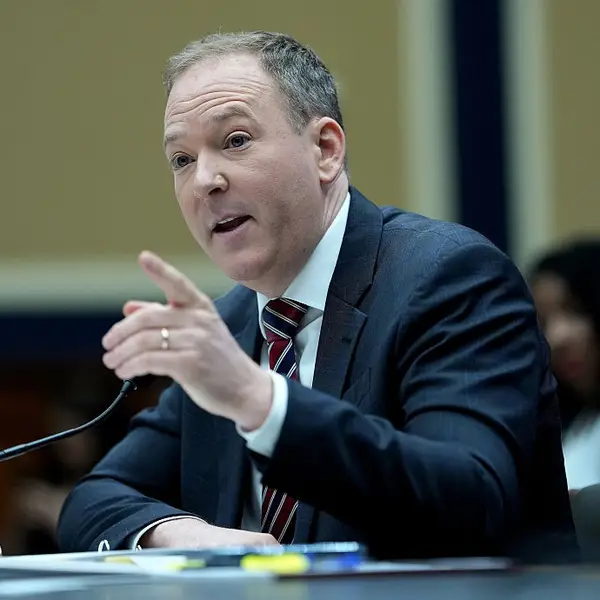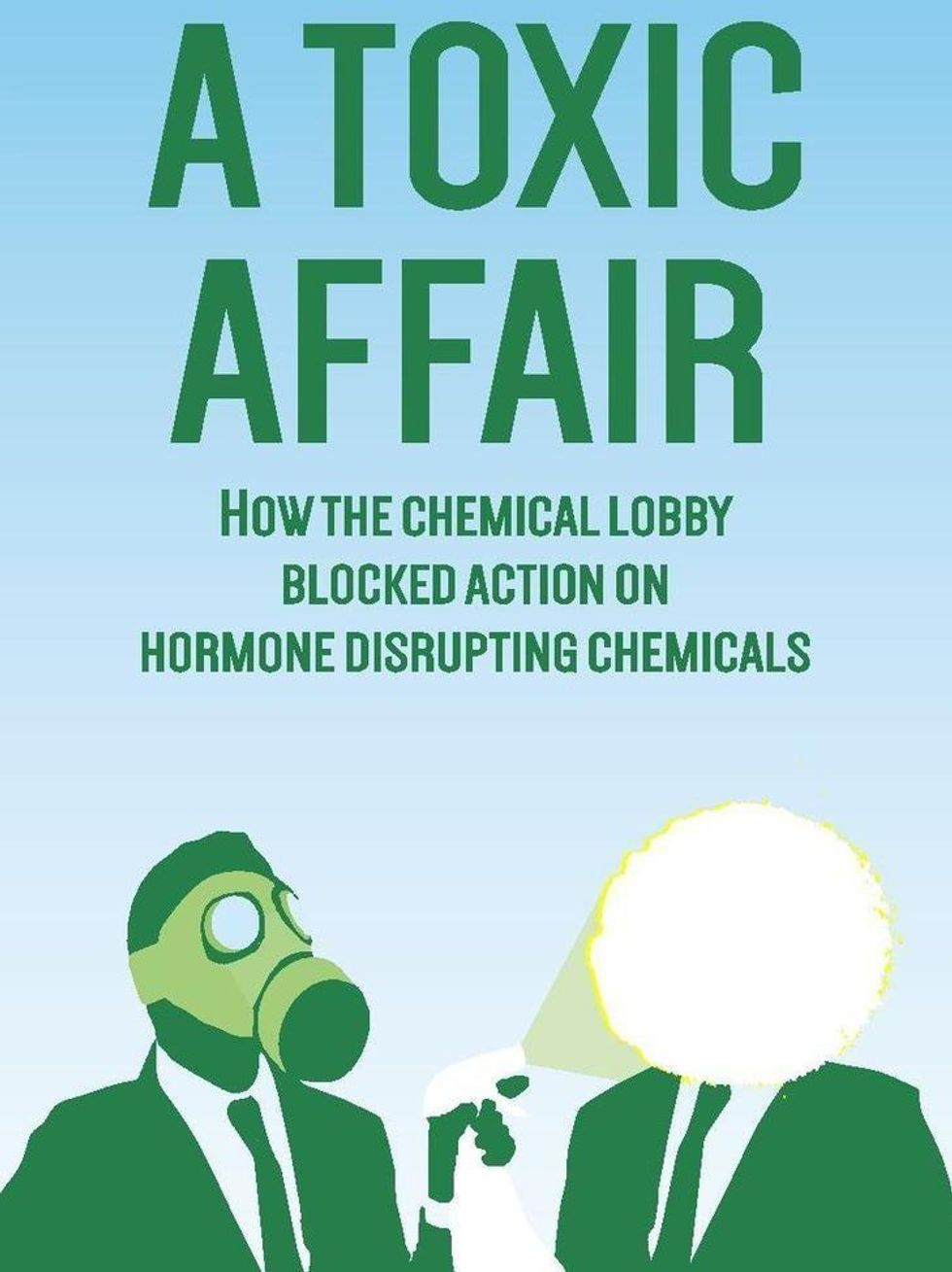Under pressure from the U.S. and agrochemical industry lobbyists and amid ongoing negotiations for a controversial trade deal, the European Union dropped planned rules that could have led to the banning of 31 pesticides containing hazardous chemicals, a new investigative report has revealed.
The probe, led by the Brussels-based research and watchdog group Corporate Europe Observatory (CEO) and French journalist Stephane Horel, exposes how corporate lobby groups like the American Chemistry Council, CropLife America, and the American Chambers of Commerce, mobilized to stop the EU from taking action on hormone (endocrine) disrupting chemicals (EDCs)--known to have significant health and environmental impacts.
"Hundreds of documents ... show unambiguously how science is being manipulated to defend vested interests, manufacture doubt and delay a pioneering regulation."
--Nina Holland, Corporate Europe Observatory
According to the report--titled A Toxic Affair: How the Chemical Lobby Blocked Action on Hormone Disrupting Chemicals (pdf)--the examination of evidence "sheds light on how corporations and their lobby groups have used numerous tactics from the corporate lobbying playbook: scaremongering, evidence-discrediting, and delaying tactics as well as the ongoing [TransAtlantic Trade and Investment Partnership, orTTIP] negotiations as a leverage."
Specifically, the Guardian reports: "Draft EU criteria could have banned 31 pesticides containing endocrine disrupting chemicals (EDCs). But these were dumped amid fears of a trade backlash stoked by an aggressive US lobby push."
The newspaper adds:
On the morning of 2 July 2013, a high-level delegation from the US Mission to Europe and the American Chambers of Commerce (AmCham) visited EU trade officials to insist that the bloc drop its planned criteria for identifying EDCs in favour of a new impact study. By the end of the day, the EU had done so.
The TTIP is a corporate-friendly trade deal, currently being negotiated between the U.S. and the European Union, that is already opposed by environmental, food safety, and labor groups for its lack of transparency, corporate concessions, and negative implications for people and the planet.
Common Dreams has previously reported on efforts by pesticide lobby groups to use ongoing trade negotiations to align regulatory standards by lowering them to U.S. levels rather than increasing them to the stronger safeguards in the E.U.
In a report (pdf) released earlier this year, the Center for International Environmental Law declared that "stronger, more progressive regulations for the protection of health and the environment are being targeted by industry for elimination under the Trans-Atlantic Trade and Investment Partnership (TTIP)."
The new revelations only add fuel to the fire.
"This is yet further evidence that the European Commission is more than willing to trade off, weaken, or delay much needed regulation and protections for the sake of completing this TTIP trade deal," Samuel Lowe, of Friends of the Earth, told The Independent.
"This investigation tells the story of a major ongoing lobbying battle," added Nina Holland, CEO campaigner and co-author of the Toxic Affair report. "Hundreds of documents released by the European Commission following freedom of information requests show unambiguously how science is being manipulated to defend vested interests, manufacture doubt and delay a pioneering regulation."




